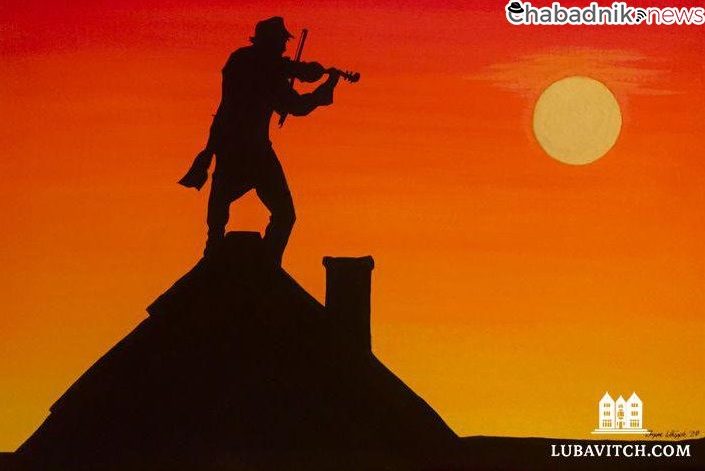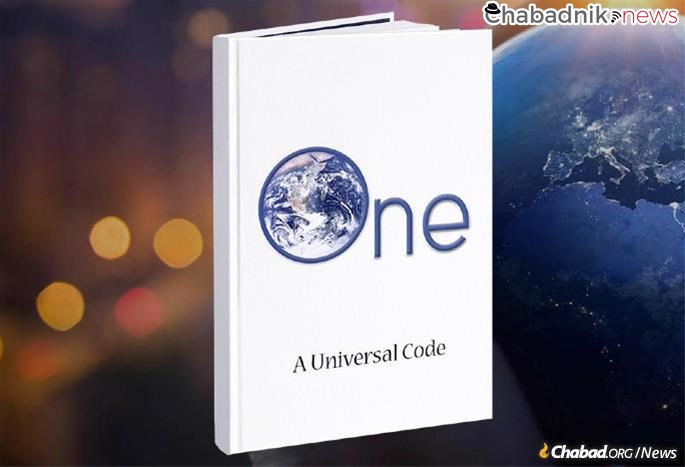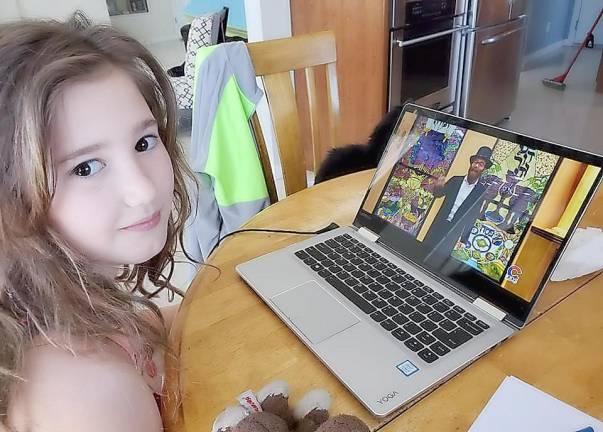Fund established to aid in the recovery from strongest quake since 1918
Puerto Rico’s Chabad-Lubavitch representatives have been called into action once again as disaster-relief providers and are reaching out to others for help after two devastating earthquakes rocked the island nation, killing one and triggering an appeal by the government for an immediate $130 million in aid.
The most serious of the quakes—at 6.4 magnitude and the strongest on the island since 1918—struck pre-dawn on Tuesday, leveling homes and structures in commercial and residential areas, mostly in the southern coastal region. The quake came after a lesser jolt of 5.8 magnitude in the same area on Monday.
The two earthquakes came after an estimated 500 smaller quakes in the wider region since Dec. 28, with more serious aftershocks expected.
“It is our hope to once again be a resource of support and help to the families in need,” Rabbi Mendel Zarchi, co-director with his wife, Rachel, of Chabad of Puerto Rico, based in San Juan on the northern or Atlantic Coast, said in a statement accompanying an appeal for support for the victims. “This morning, we are driving to the south to assess the damage impact for ourselves, so we can know where we can best channel our resources and efforts.
“Thank you to our friends who have reached out during the past 24 hours with concern and eager to be of help,” Zarchi said about those who had already contributed to a relief fund that was established by Chabad of Puerto Rico soon after the devastation was clear.
Disaster aid totaling $130 million was being made available, Puerto Rico’s Gov. Wanda Vázquez Garced announced on Tuesday, though one analyst, Chuck Watson, of the Enki disaster-research group, estimates the monetary deficit will be around $3 billion in lost tourism revenues, business and wage incomes, in addition to private and public property damages.
Communities in the southern coastal region of the 3,515-square-mile island have experienced the brunt of the damage, Zarchi confirmed, with many homes and some schools down or damaged, and power and water out in many areas. The one fatality occurred when a wall of a home toppled on the victim.
Among needed items are water, generators, toiletries and tents, he said. The tents are being distributed to the homeless and other residents who are fearful of remaining in their homes with threats of further aftershocks.

“People are afraid to go to bed to then be woken up to worse earthquakes than the day before,” said a resident of southern Puerto Rico.
“While large swaths of the island are currently without electricity, by the grace of G‑d, we have been fortunate that our community infrastructure has been spared any structural damage,” reported Zarchi.
The Zarchis, who have been serving the estimated 3,000-strong Jewish population in Puerto Rico since their arrival in 1999, are not foreigners to supplying aid in response to disasters. They were and still are immersed in dig-out efforts in the aftermath of the deadly Category 5 Hurricane Maria in September of 2017, which struck two weeks after devastating Hurricane Irma passed just north of the island. Their relief efforts at that time won praise from The New York Times and many others.
The government agency that tracks earthquake activity, the U.S. Geological Survey, said the recent quakes in the area could be part of an ongoing sequence, with a 7 percent chance of one or more aftershocks larger than magnitude 6.4 still to come.
The San Fermín earthquake, also known as the Puerto Rico earthquake of 1918, struck the island on Oct. 11 that year, measuring 7.1 magnitude.
Those wishing to aid in the relief efforts can do so here.




